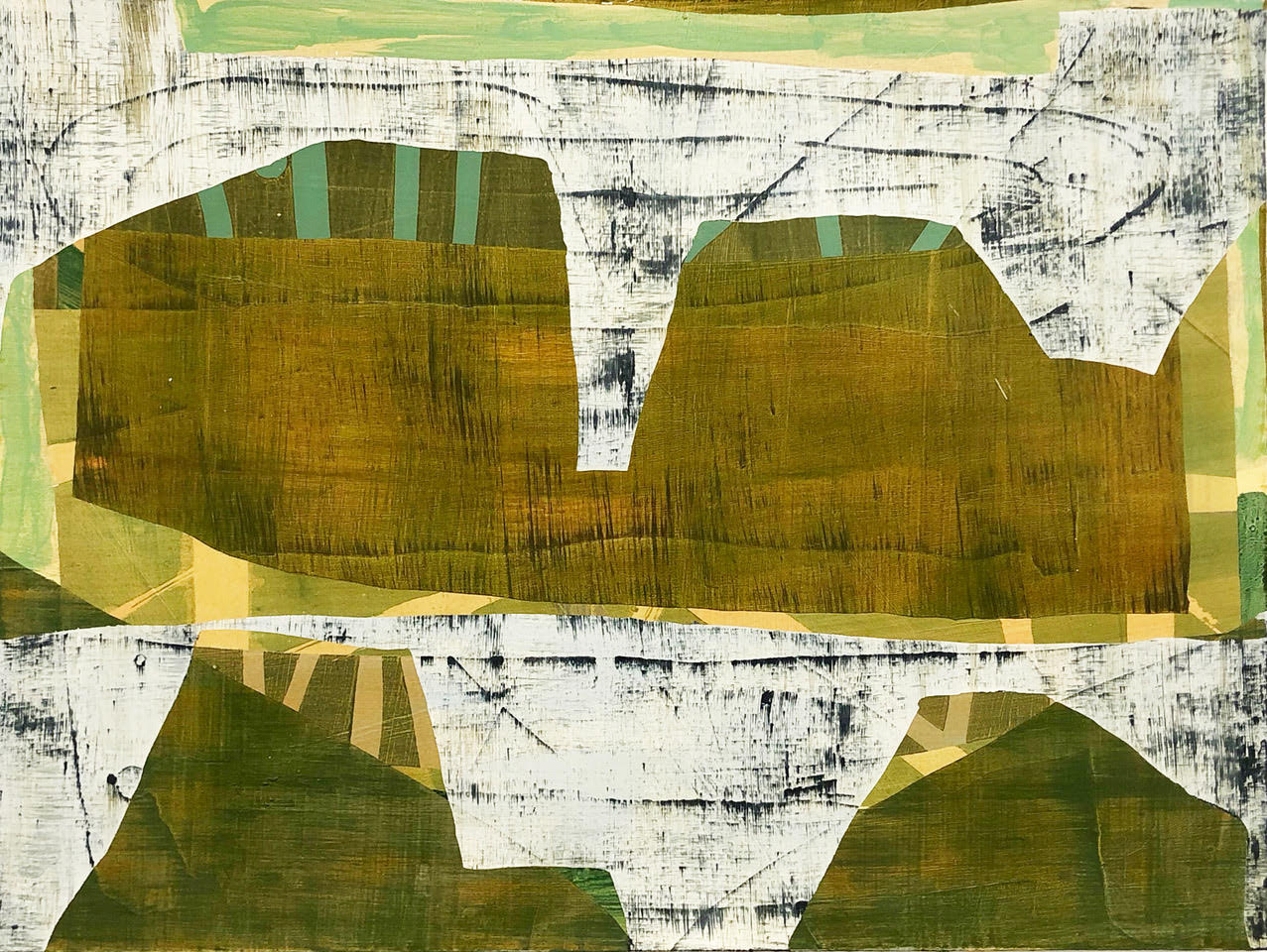As the pandemic began and the world fell under uncertainty, many people picked up a hobby as something to know, learn, and understand in a time when the world was blanketed with insecurity and instability.
Maegan Harbridge, a graduate of the Emily Carr University of Art and Design and a PhD candidate at York, dives into their journey as a painter and explores how beginners can start their artistic journeys.
“I grew up in a small town, so I wish that I would’ve been exposed to more contemporary and modern art at a younger, more formative age. You can learn so much by looking at other people’s work and finding what you gravitate towards,” says Harbridge.
While Harbridge paints mostly abstract pieces, they explain how an artist’s journey is constantly evolving. “Who knows what my art will look like six months from now. I’m so inspired and I feel like a sponge always absorbing things.
“Painting is a lifestyle. It takes so much time to practice. So, I think to be an artist, it’s really important to maintain a practice, almost daily in some way,” says Harbridge. “When you do that, it really becomes a lifestyle that is dedicated to whatever your craft is, whether it’s writing or whether it’s painting.”
With any learning experience and activity, there comes a beneficial angle to it as well, whether that was the intention or not. In regard to painting, Harbridge compares it to a “meditative practice.”
“Painting is a place that I go to to be able to focus and recenter myself and I think that you would find a lot in common with practices of meditation and practices in painting, You’re very involved in the moment and in what you’re doing so for me, I get a huge sense of fulfillment out of that. It’s refreshing. I feel like painting is an escape where I can re-centre myself.”
While it can be overwhelming to start something new, Harbridge explains the importance of pushing yourself to try something new or unexpected. “I think that taking a class that pushes you out of your comfort zone, or your preconceived ideas of what you think is good, is a great way to start.” says Harbridge.
“The general public has a certain preconceived idea of what art is and what is good. I think it’s really important for young artists, for any artists actually, to always be pushing against that and challenge these preconceived ideas.”
For beginner painters, Harbridge recommends getting a colour wheel and to learn about complementary colours, analogous colours, and tertiary colours.
“The more failures that you have as an artist, potentially, the more really good work that you’re going to create, so the only way that you’re going to do that is to set up a sort of practice for yourself.”


